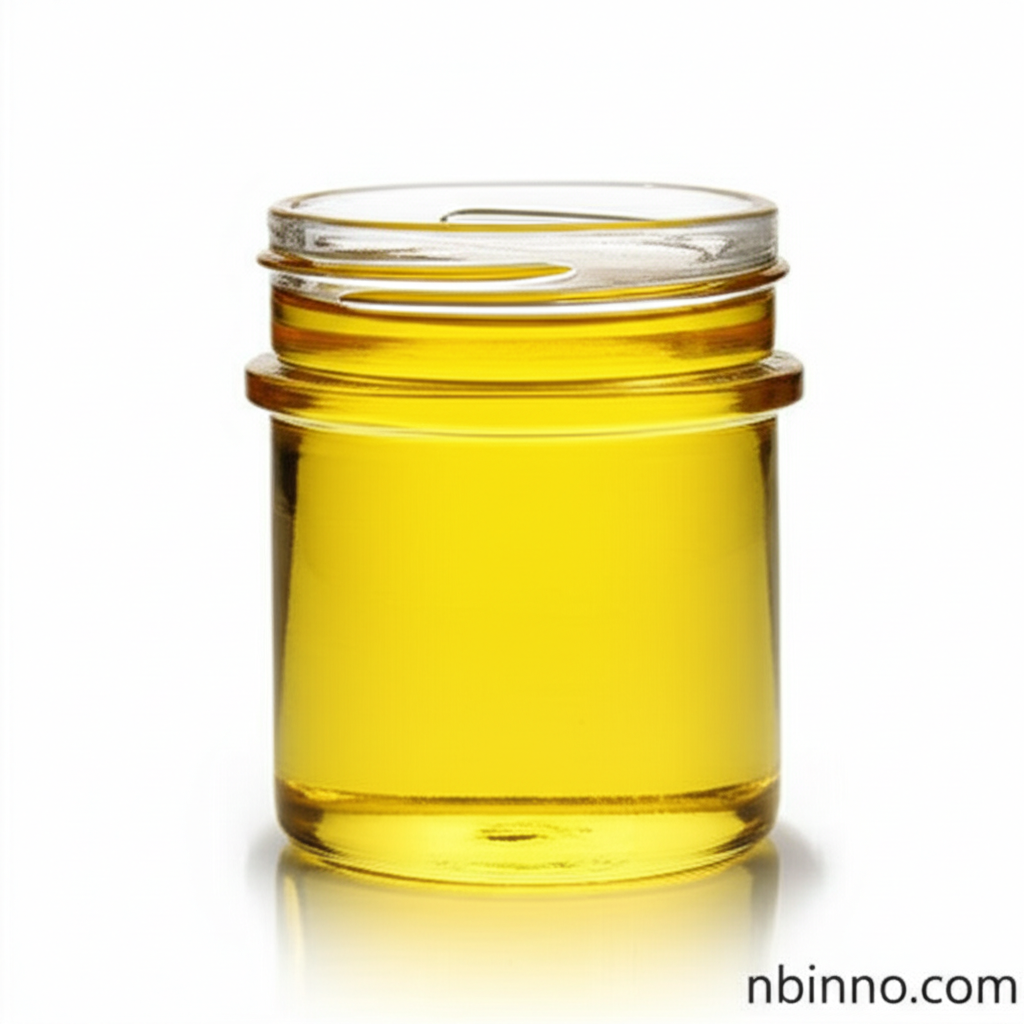Understanding Tris(1-Chloro-2-Propyl) Phosphate (TCPP): Properties, Applications, and Benefits
Discover the essential role of Tris(1-Chloro-2-Propyl) Phosphate as a leading flame retardant.
Get a Quote & SampleProduct Core Value

Tris(1-Chloro-2-Propyl) Phosphate
Tris(1-Chloro-2-Propyl) Phosphate (TCPP) is a highly effective flame retardant widely used in rigid and flexible polyurethane foams for furniture, insulation, and automotive applications. It provides excellent fire resistance while maintaining material integrity.
- Explore the detailed properties of Tris(1-Chloro-2-Propyl) Phosphate, including its clear, colorless to pale yellow viscous liquid appearance and characteristic mild odor.
- Learn how TCPP serves as a vital flame retardant for rigid polyurethane foam, enhancing safety in various applications.
- Understand the benefits of using Tris(1-Chloro-2-Propyl) Phosphate, such as excellent fire resistance and material integrity preservation.
- Discover the advantages of this chemical raw material in construction materials, adhesives, and coatings due to its thermal stability and compatibility.
Key Advantages of TCPP
Enhanced Fire Safety
TCPP significantly boosts the fire resistance of materials, making it a crucial component for applications requiring stringent safety standards, such as insulation and automotive parts.
Material Integrity Preservation
Unlike some other treatments, TCPP helps maintain the structural integrity and physical properties of materials, even under high temperatures, which is essential for long-term performance.
Versatile Compatibility
The compatibility of Tris(1-Chloro-2-Propyl) Phosphate with various polymers, including polyurethane, adhesives, and coatings, makes it a versatile choice for manufacturers seeking reliable flame retardancy solutions.
Key Applications
Polyurethane Foams
TCPP is a cornerstone flame retardant for both rigid and flexible polyurethane foams used in furniture, insulation, and the automotive industry, ensuring fire safety.
Construction Materials
Its thermal stability and compatibility make Tris(1-Chloro-2-Propyl) Phosphate an excellent additive for construction materials, enhancing their fire performance.
Adhesives and Coatings
The broad applicability of TCPP extends to adhesives and coatings, where it imparts essential flame retardant properties, contributing to safer end-products.
Industrial Insulation
In industrial insulation systems, the use of flame retardants like TCPP is critical for preventing the spread of fire, safeguarding industrial facilities and personnel.
